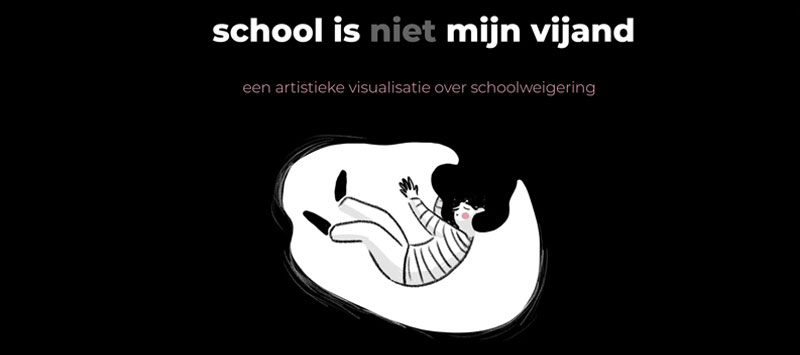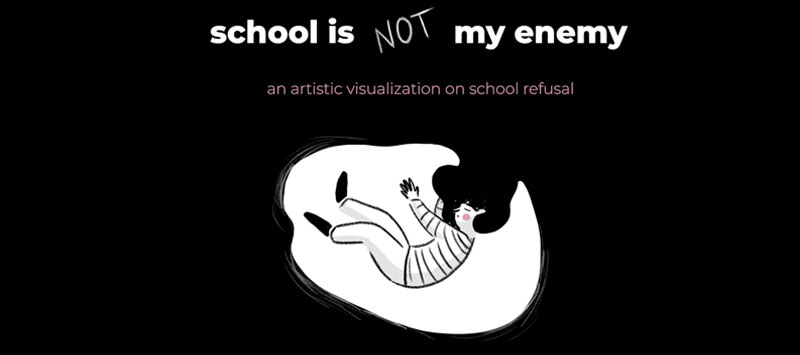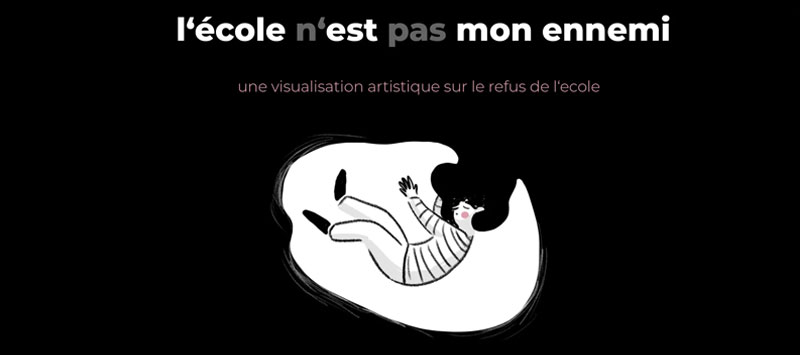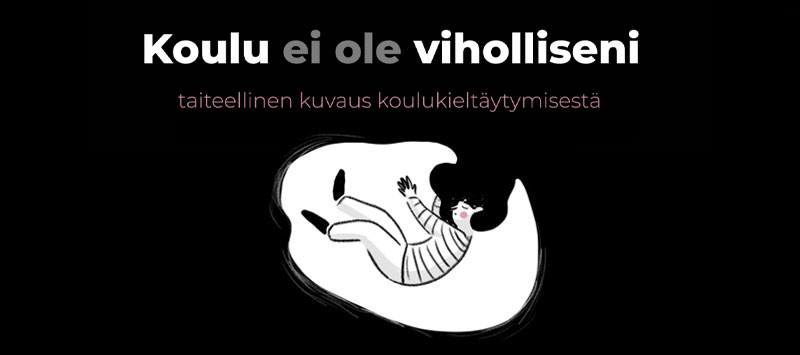School refusal is more common than you think.
Try to be understanding.
School refusal, a type of school attendance problem (SAP), is difficult to explain to parents, youngsters, peers, teachers and many others. It is a multi-faceted issue with significant personal and social consequences, which requires a multidisciplinary approach. In this research, we argue that a better understanding, communication and connection (attunement) are needed between the various parties that are involved.
Our main purpose of our project ‘Angst voor de schoolpoort’ (scared of the school gate) was to provide answers to the question of which steps a school can take in situation of school refusal together with young people and their family. This research is based on a multidisciplinary qualitative research project, which started in 2017 and ended in December 2019. Six researchers were involved from different disciplines, namely social work, education and psychology. The results of this research are based on a literature review and on interviews conducted with twenty school refusal cases between 11-25 years old. In those cases in which the child is still expected to go to primary school or secondary school, we also interviewed other involved parties, such as parents, friends, teachers and doctors.
School has an essential role to play in preventing and dealing with school refusal. Therefore, staff within the school require a better understanding of what school refusal is precisely. In order to also take on a coordinating role in managing school refusal, the school needs tools: for understanding, for screening, and for helping the youngsters and their families. The tool we made is based on the Flemish context. This is only available in Dutch, not in English.
On this page you find an animation film in English, Dutch, Turkish, French and Arabian that was made as part of this project. The film shows the complexity of school refusal with a hopeful perspective.
Contact.
Campus Ledeganck
K.L. Ledeganckstraat 8
9000 Ghent
BELGIUM
Contact.
Campus Ledeganck
K.L. Ledeganckstraat 8
9000 Ghent
BELGIUM






